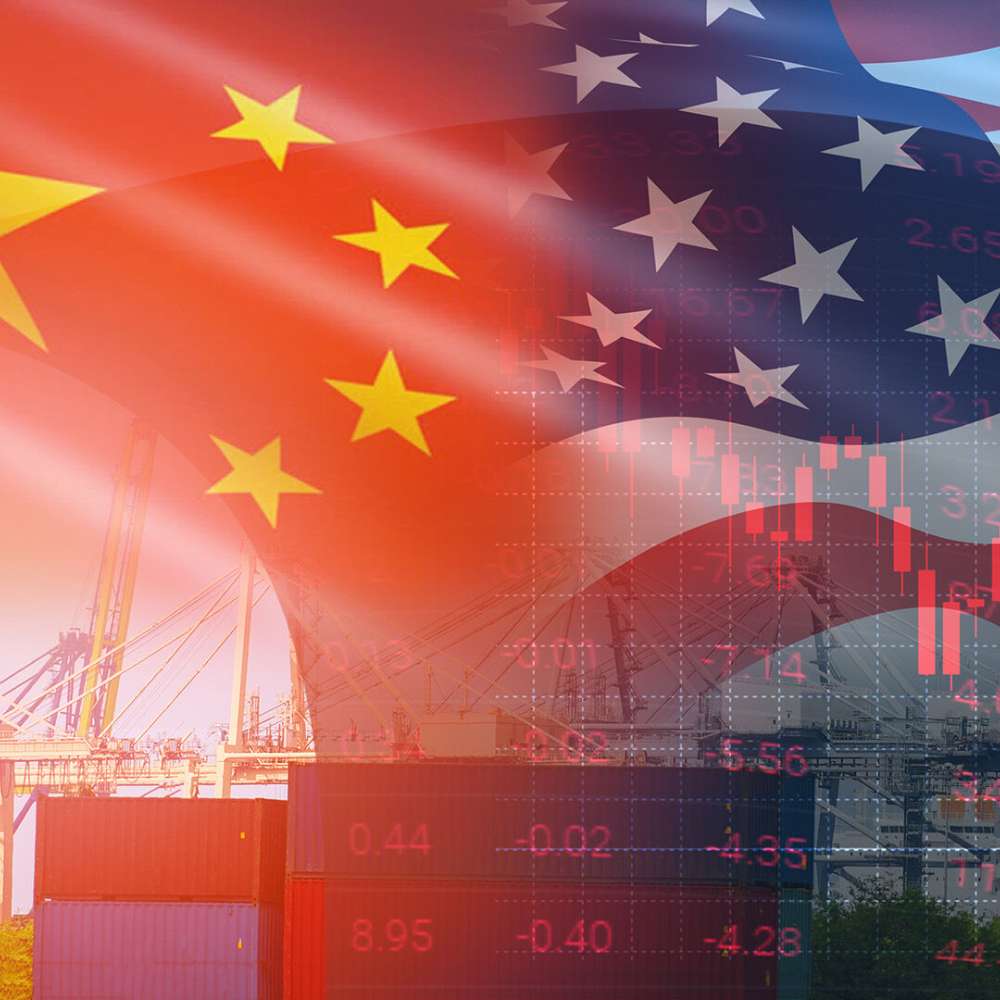Market Selloff Amid Tariff Uncertainty
Global financial markets experienced a significant downturn following the announcement of new trade tariffs, which sparked fears of an escalating trade dispute that could slow economic growth. Asian stocks plummeted to their lowest level in a month after the U.S. confirmed that tariffs on key trading partners, including Canada and Mexico, would proceed as planned. The S&P 500 suffered its steepest decline of the year, while U.S. Treasury yields dropped to their lowest point in over four months as investors sought safer assets. Meanwhile, oil prices declined to a three-month low, and digital currencies saw a sharp downturn, with a key index tracking 100 major tokens recording a notable drop.
Amid growing concerns, Canada announced a broad set of counter-tariffs, while China reiterated its commitment to retaliatory measures against U.S. trade actions. Investors had hoped for last-minute negotiations or potential compromises, but those expectations were dashed. “Markets were expecting some flexibility, but the reality is that tariffs are taking effect just as cracks in U.S. growth are becoming apparent,” said Prashant Newnaha, a senior strategist at TD Securities in Singapore.
Rising Market Volatility and Investor Reactions
The latest trade measures, which target approximately $1.5 trillion in imports, have raised concerns about broader economic repercussions on global financial markets. Additional levies on agricultural imports set to begin next month have already impacted commodity markets, with Chinese soymeal prices rising significantly. The S&P 500 index dropped 1.8% on Monday, while major technology stocks recorded a steeper decline of 3.1%. Meanwhile, currency markets faced renewed pressure, with the Canadian dollar and Mexican peso weakening against the U.S. dollar. Asian currencies also felt the impact, with the Thai baht and South Korean won both depreciating by around 2%.
Market analysts noted increasing anxiety, with traders bracing for further turbulence. “Volatility is spiking, and markets must be prepared for rapid developments,” wrote Chris Weston, head of research at Pepperstone Group Ltd. In Asia, investors turned their focus to the upcoming National People’s Congress in China, where policymakers are expected to outline measures aimed at stabilizing the economy. Reports from state-backed media suggested that Beijing is considering further countermeasures against U.S. agricultural imports.
Broader Economic and Geopolitical Implications
Amidst the financial market turmoil, economic data continued to highlight weaknesses in the U.S. economy, including lower manufacturing output, rising unemployment claims, and a decline in consumer spending. Despite these concerns, Goldman Sachs suggested that the risk of an imminent recession remains minimal. Cryptocurrency markets also remained volatile, with Bitcoin extending losses after a steep 9% drop the previous day.
Elsewhere, geopolitical developments added to investor concerns. Military aid to Ukraine was temporarily halted, raising questions about ongoing international support. Meanwhile, oil prices continued their downward trend as OPEC+ confirmed plans to resume production, while gold remained steady after gains in the previous session.
Looking ahead, investors will closely watch economic data releases, central bank decisions, and policy statements from key global leaders for further signals on the direction of global financial markets. With uncertainty prevailing, markets are expected to remain highly reactive to any new developments in trade policy and geopolitical events.








